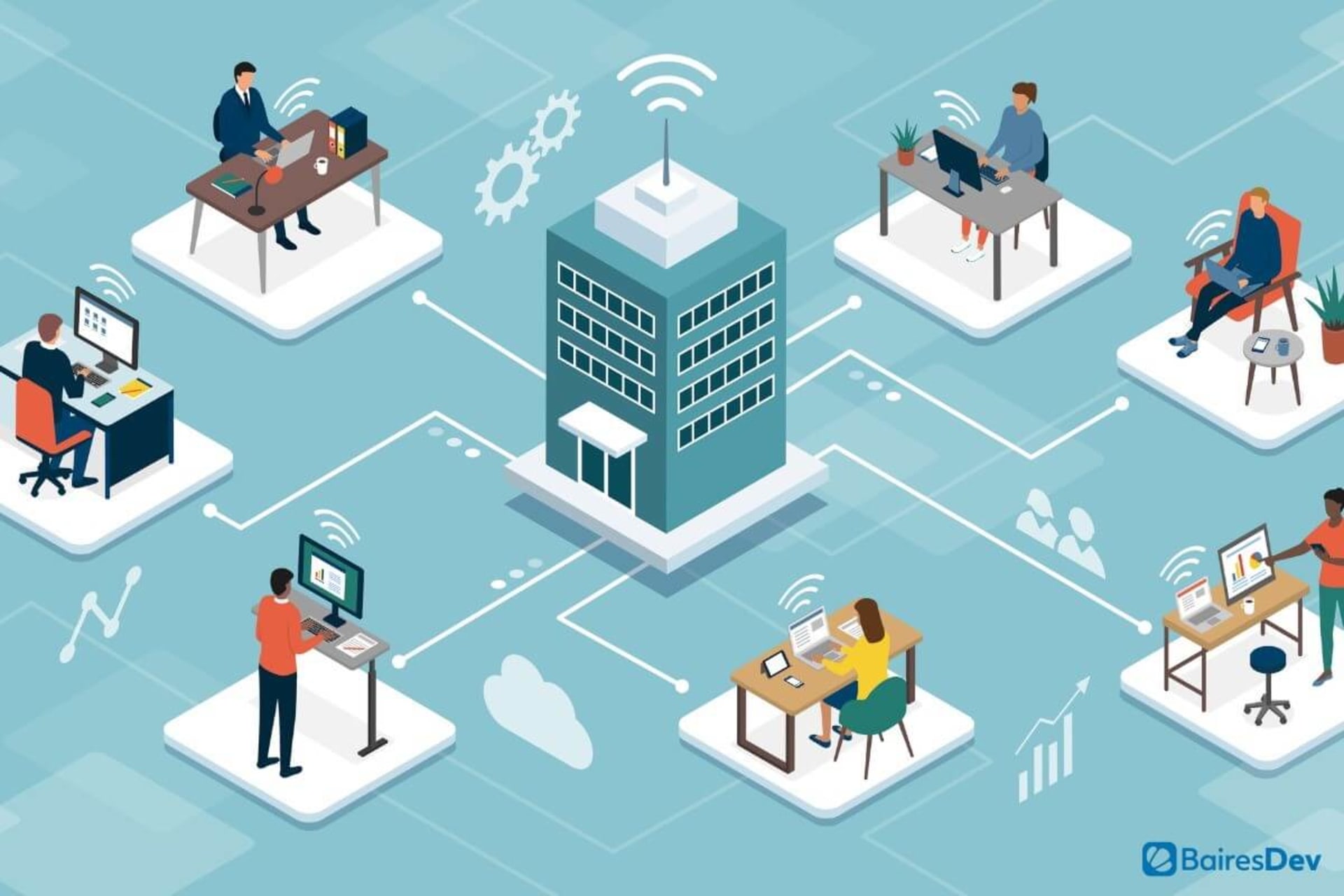- Home
- Software Development Services
- Software Development Outsourcing
Software Development Outsourcing
Software Development. Project Management. Off Your Plate.
From definition and design, to development and testing, we provide end-to-end software outsourcing when you don’t have the capacity or expertise in-house.
Assemble my Ideal TeamWhat is software development outsourcing?
Software development outsourcing involves delegating software projects to a third-party provider. Are you looking to launch a SaaS app or upgrade an e-commerce platform? Our end-to-end software outsourcing services let you scale for large projects or delegate non-core tasks—helping you meet technology goals without the cost and effort of building an in-house team.
Let us handle the heavy lifting.
Offload the entire software development lifecycle to our team.Kick off projects in 2-4 weeks
It doesn’t matter if you need a mobile app or a custom CRM. With 4,000+ tech professionals on staff, we can break ground on outsourced projects in weeks, not months.Partner with senior dev teams
We hire exclusively senior developers. On average, our devs have 10+ years of experience, bringing deep technical knowledge and proven problem-solving skills to every project.Get comprehensive solutions
Our expertise spans the full spectrum of software development, covering front-end and back-end, DevOps, and data engineering. We build everything from machine learning models to high-performing e-commerce platforms capable of handling thousands of transactions per minute.Collaborate in real time
Our dev teams work in US time zones. They join your calls and participate in your rituals, literally becoming part of your team.Communicate without barriers
Our dev teams are proficient in English and have a work ethic aligned with US teams. They collaborate effectively in meetings and team chats—preventing miscommunication and unnecessary delays.

Global brands have been outsourcing their software development with us for over a decade.
Our Awards
Excellence.
Our minimum bar for client delivery.
Over 130 awards, accolades, and achievements showcase our quality and commitment to client success.
- 1,250+projects
delivered - 130+industry
sectors
America's Fastest-Growing Companies 2025 Top 100 U.S. IT Innovators 2025 Nearshore North America Top Software Developers 2025 Top 100 Global Outsourcing Providers 2024
Why partner with us and fully outsource your software development?
Outsourcing your software development is great for getting a discrete project done with minimal distraction to other teams, and handling peaks in workload.
Let's discuss how your setup should look.
Schedule a CallOur process. Simple, seamless, streamlined.
Complete a discovery call.
Tell us more about your business on a discovery call. We’ll discuss your project requirements, success criteria, timescale, budget and required skill sets to see if we can help.
Get a team and dedicated PM.
We’ll quickly assemble your team and assign you a PM. We’ll define your project roadmap, select the right tools and technologies, and get everyone on board.
Begin project and track performance.
After onboarding, your team will get to work immediately. You can track progress, manage the team, and scale your headcount up or down as needed.

Common questions about software development outsourcing
Also, when hiring in high-cost cities like Boston, New York, and San Francisco, you have to pay higher salaries with better benefit packages. By outsourcing your software development to areas with a lower cost of living, you can tap into a high-quality, pre-vetted talent pool, while saving costs and aligning on time zones.
Related articles
Recent insights and research on software development teams and tech talent.
By Guillermo Carreras
By Michael Warren
By Lorena Albaretto
By BairesDev Editorial Team

Thinking of outsourcing your software development?
We’re here for you.














































































